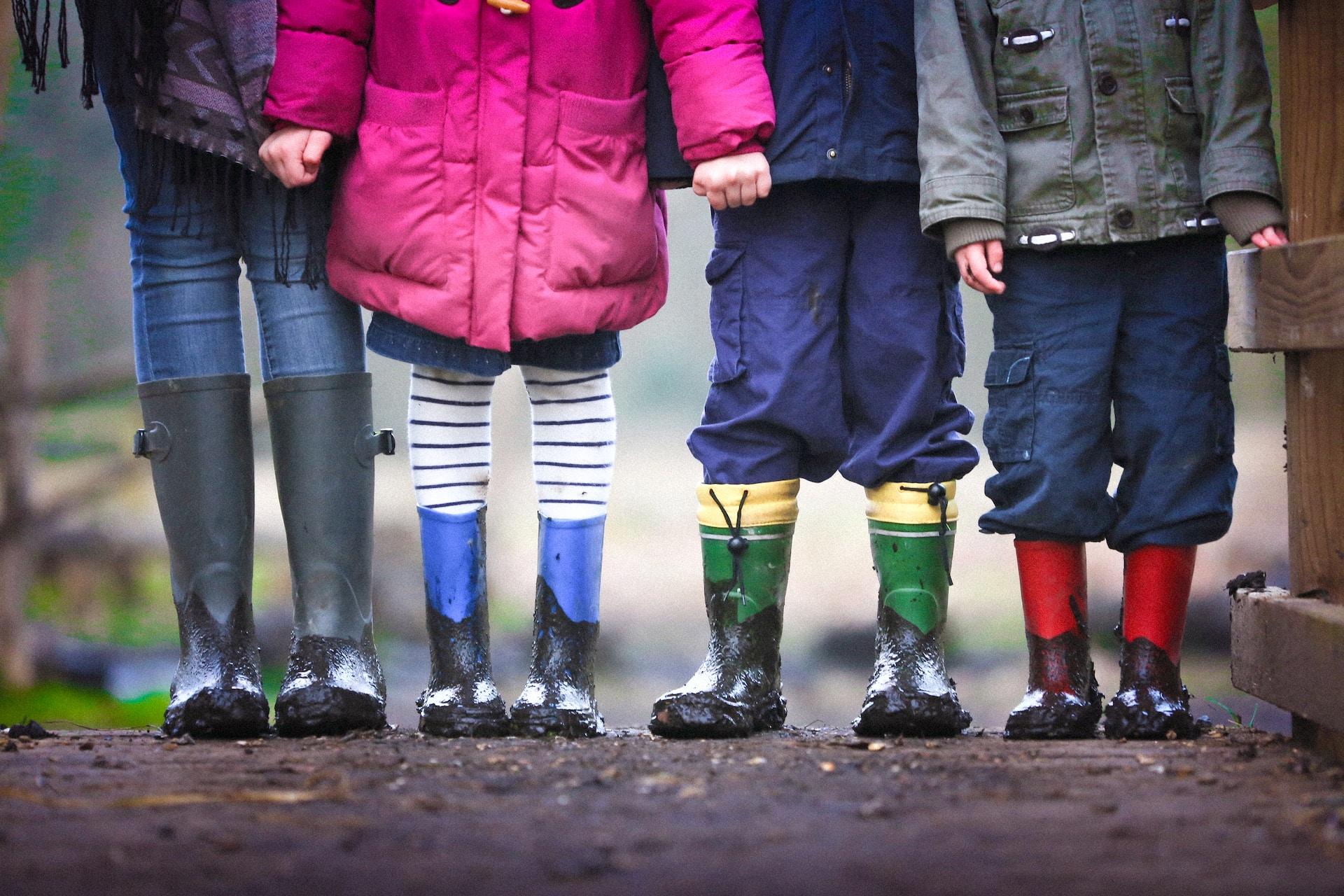COVID Lockdowns Resulted In Obesity And Educational Setbacks For Kids
COVID and official restrictions have had hidden impacts, say researchers.

Credit: Ben Wicks, Unsplash.
In new research published in JAMA Pediatrics, researchers found that the stress, lack of exercise and poor nutrition resulting from the pandemic shutdown led many children and adolescents to obesity, especially among poor children.
Investigators at Children’s Hospital Los Angeles found that excess weight gain in adolescents during the pandemic was linked to family income. Those from low-income families gained more weight than young people from more affluent families, with girls gaining more than boys.
“We look at pandemic weight gain as a function of socioeconomic status,” said Elizabeth Sowell, PhD, an investigator in the Division of Neurology in the Department of Pediatrics of Children’s Hospital Los Angeles. “We know from watching the news over the past three years that lower income families were hit much, much harder by the pandemic than their wealthier counterparts.”
These results were found in children participating in the National Institutes of Health-sponsored Adolescent Brain Cognitive Development (ABCD) Study, the largest long-term study of brain development and child health in the United States. In the longitudinal ABCD Study, researchers followed more than 11,000 children from ages 9 or 10 until they turned 19 or 20, regularly measuring their height and weight and conducting brain scans and cognitive assessments every other year. Participants’ family income was also recorded.
“Of those 11,000 kids, we followed about 400 families at CHLA,” said Sowell, who also teaches Pediatrics at the Keck School of Medicine of University of Southern California. “Most of this sample population is very low-income Hispanic families—which is important because they are typically reticent to enroll in long-term research. We are grateful that they agreed to participate in this study.”
Hidden pandemic impacts
“The CHLA team realized that the ABCD Study could also provide a unique window into the pandemic’s hidden impacts on a large, diverse group of children. “These kids happened to be recruited between 2016 and 2018, before the pandemic, and that's important to note,” said Sowell. “Roughly a third (1,095 youth) had their second baseline assessment after the pandemic started—so what we had was a natural experiment.”
The researchers compared the weight gain of participants whose one-year and two-year follow-up assessments were conducted before March 2020 to the weight gain of another group of participants whose two-year follow-up occurred after the COVID-19 shut down. The group of girls assessed during the pandemic gained an average of about 15 pounds/year —11.2% more than the cohort of girls assessed pre-pandemic, who gained 13.4 pounds/year. In boys, average weight gain increased by almost 16% between the groups assessed before and during the pandemic.
While the rate of weight gain during the pandemic of girls from wealthier families was similar to before the pandemic, the researchers found that girls from low-income families gained the most weight during the COVID-19 shutdown; they experienced an accelerated average 3.4-pound (24%) weight gain.
Long-term effects still unknown
“While it's normal for this age group to grow and gain weight, in this study we will be able to follow these kids over time to see if the excess pandemic weight gain has lasting effects,” said Sowell. The researchers will track this group of children until the ages of 19 or 20, as ABCD study funding is currently guaranteed through 2027, although they hope the study will continue beyond that point. The entire study cohort of 11,000 youth is now undergoing their sixth-year assessment, including brain imaging and another set of weight/height measures to calculate body mass index.
“We are also evaluating whether the group followed during the pandemic has changes or differences in brain maturation, as well as behaviors like anxiety and depression,” Sowell concluded.
According to the National Assessment of Educational Progress (NAEP), widely regarded as the nation's report card, showed a significant educational setback for children nationwide that is tied to the pandemic lockdown. Also, a Pew survey showed that 61 percent of parents of K-12 students believe the children had fallen behind during the lockdown. It was during that time that the American Federation of Teachers had access to the Centers of Disease Control, influencing the CDC by suggesting language that resulted in school closures.
Martin Barillas is a journalist, and author of 'Shaken Earth' available at Amazon.